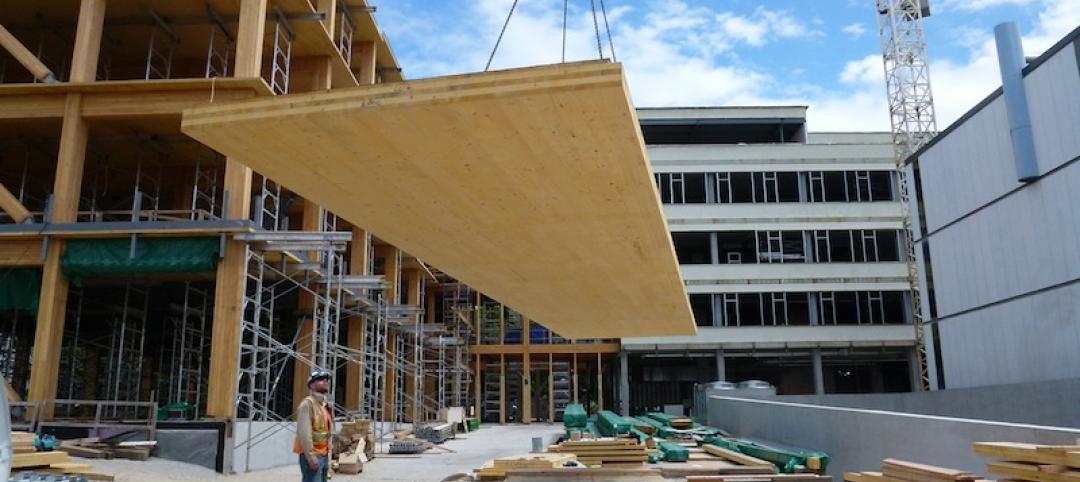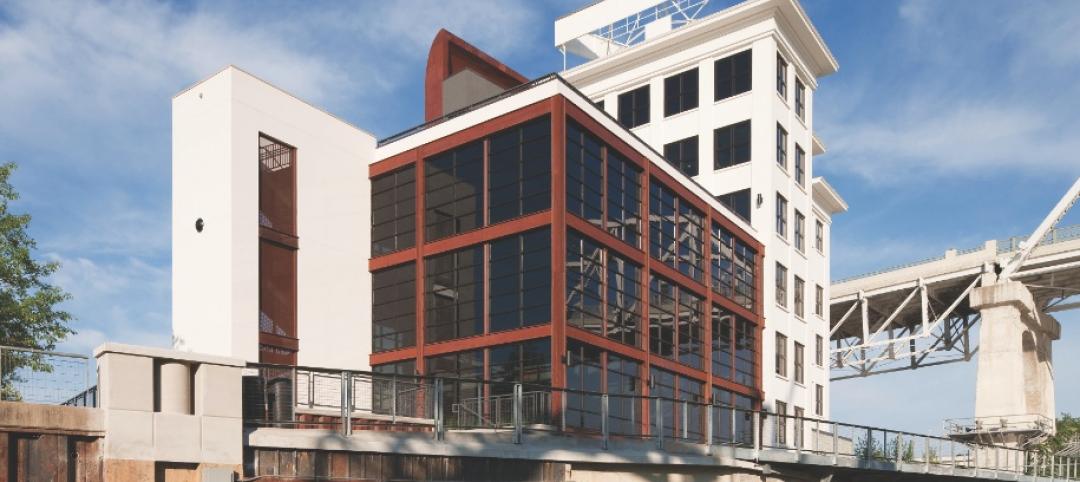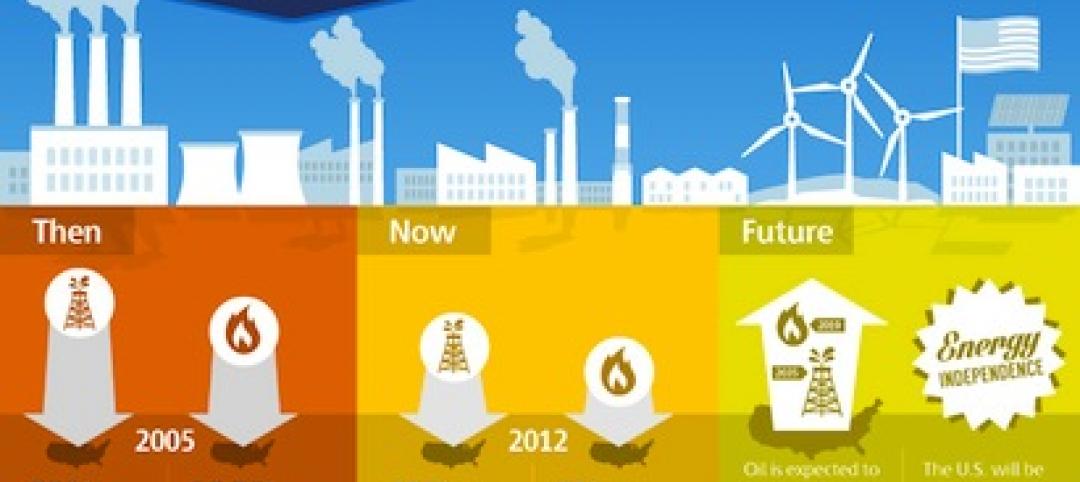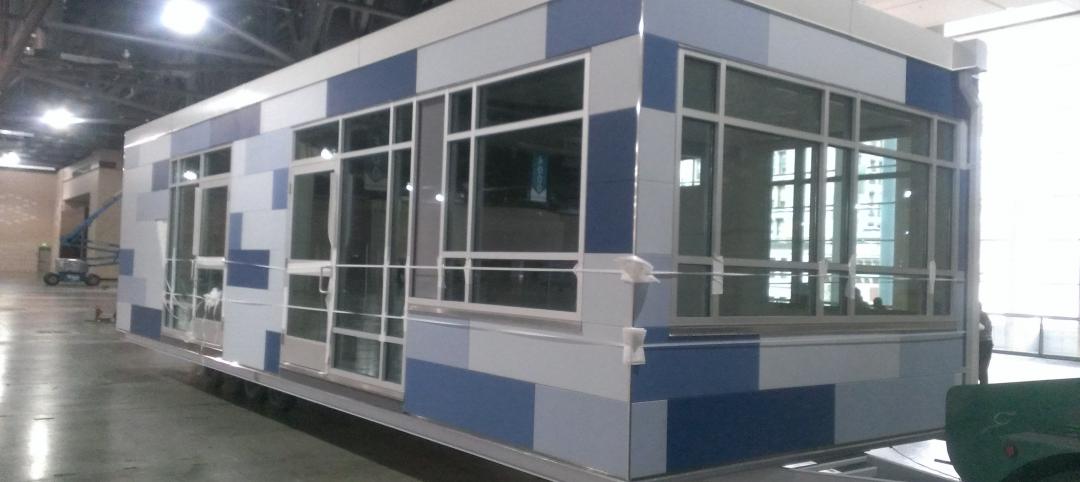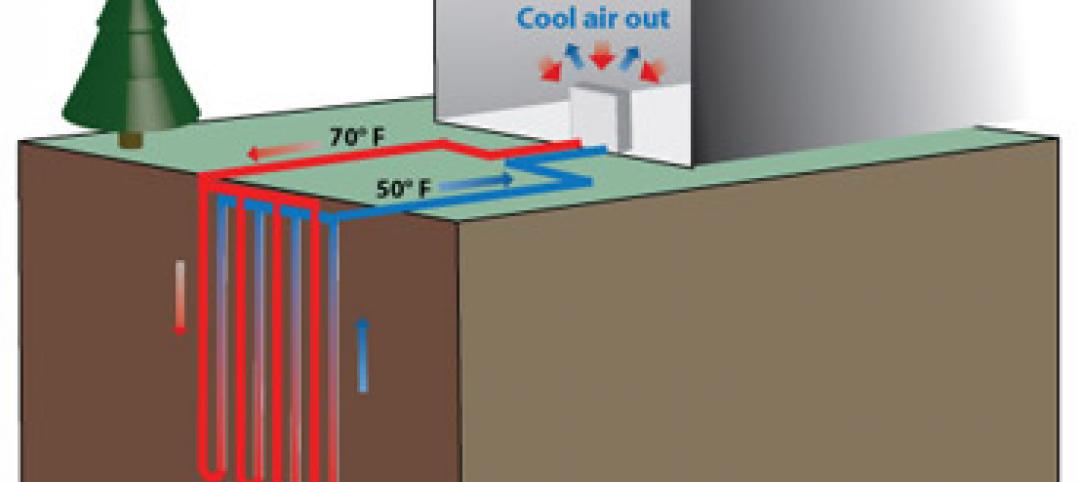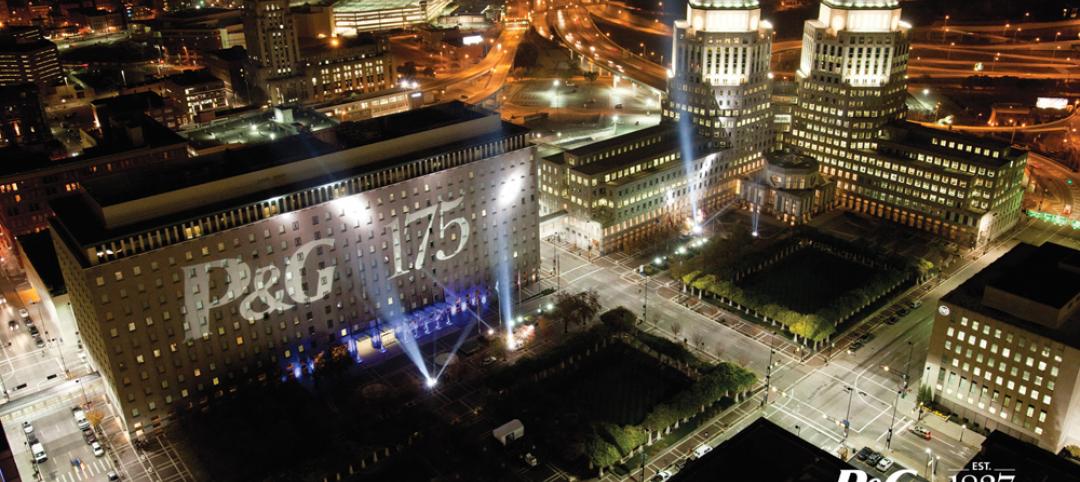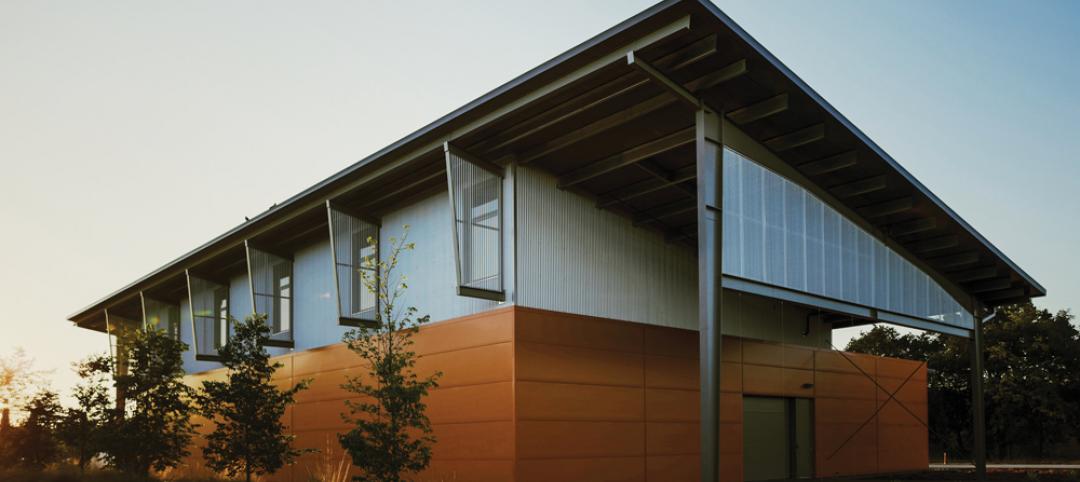One World Trade Center has officially become one of the largest buildings in the world to receive LEED Gold certification, and is the tallest LEED certified building in the Western Hemisphere.
But, as Curbed New York reports, this certification did not come without its difficulties. When Hurricane Sandy went rumbling through New York City almost four years ago, nine fuel cells, purchased for $10.6 million and which were supposed to help heat and cool the building, were among the $32 billion of total damage the city faced. As hundreds of gallons of water flooded the One World Trade Center basement and irreparably damaged the fuel cells, it seemed as though the hopes for LEED Gold had been washed away.
But the 1,776-foot-tall Skidmore, Owings & Merrill-designed building is nothing if not resilient. Thanks to a bevy of sustainable features incorporated into the construction, design, and daily operation of the tower, it managed to achieve LEED Gold certification all the same.
One World Trade Center was built using over 40% post-industrial recycled content, uses a design that allows for over 90% of office areas to receive natural light, and has a glass façade with a special coating meant to block excessive heat from ultra-violet rays. The structure also captures 100 percent of its stormwater runoff on-site to maximize water efficiency.
One World Trade Center joins other skyscrapers such as Shanghai Tower (LEED Platinum), Taipei 101 (LEED Platinum), and Kingkey 100 Tower (LEED Gold) as some of the tallest LEED certified buildings in the world.
Related Stories
| Nov 22, 2013
Health Product Declaration Collaborative to develop protocol for third-party verification of HPDs
Seven leading product sustainability assessment companies partner with the HPD Collaborative to develop the verification and quality assurance protocols.
| Nov 19, 2013
Top 10 green building products for 2014
Assa Abloy's power-over-ethernet access-control locks and Schüco's retrofit façade system are among the products to make BuildingGreen Inc.'s annual Top-10 Green Building Products list.
| Nov 18, 2013
USGBC, UL Environment announce joint Environmental Product Declaration
Strategic partnership between U.S. Green Building Council and UL Environment will focus on building materials and product transparency.
| Nov 15, 2013
Greenbuild 2013 Report - BD+C Exclusive
The BD+C editorial team brings you this special report on the latest green building trends across nine key market sectors.
| Nov 14, 2013
How increased domestic energy production affects the nation [Infographic]
In light of America's new energy resources and an increased emphasis on energy efficiency, Skanska examined the trends in U.S. energy production and consumption, as well as the benefits we may incur from increased domestic energy production.
| Nov 14, 2013
Behind the build: BD+C's 'Pedia-Pod' modular pediatric patient unit at Greenbuild 2013 [slideshow]
Next week at Greenbuild, BD+C will unveil its demonstration pediatric patient unit, called Pedia-Pod. Here's a behind-the-scenes look at the construction of this unique modular structure.
| Nov 13, 2013
Government work keeps green AEC firms busy
With the economy picking up, many stalled government contracts are reaching completion and earning their green credentials.
| Nov 13, 2013
Installed capacity of geothermal heat pumps to grow by 150% by 2020, says study
The worldwide installed capacity of GHP systems will reach 127.4 gigawatts-thermal over the next seven years, growth of nearly 150%, according to a recent report from Navigant Research.
| Nov 8, 2013
Can Big Data help building owners slash op-ex budgets?
Real estate services giant Jones Lang LaSalle set out to answer these questions when it partnered with Pacific Controls to develop IntelliCommand, a 24/7 real-time remote monitoring and control service for its commercial real estate owner clients.
| Nov 8, 2013
S+T buildings embrace 'no excuses' approach to green labs
Some science-design experts once believed high levels of sustainability would be possible only for low-intensity labs in temperate zones. But recent projects prove otherwise.




